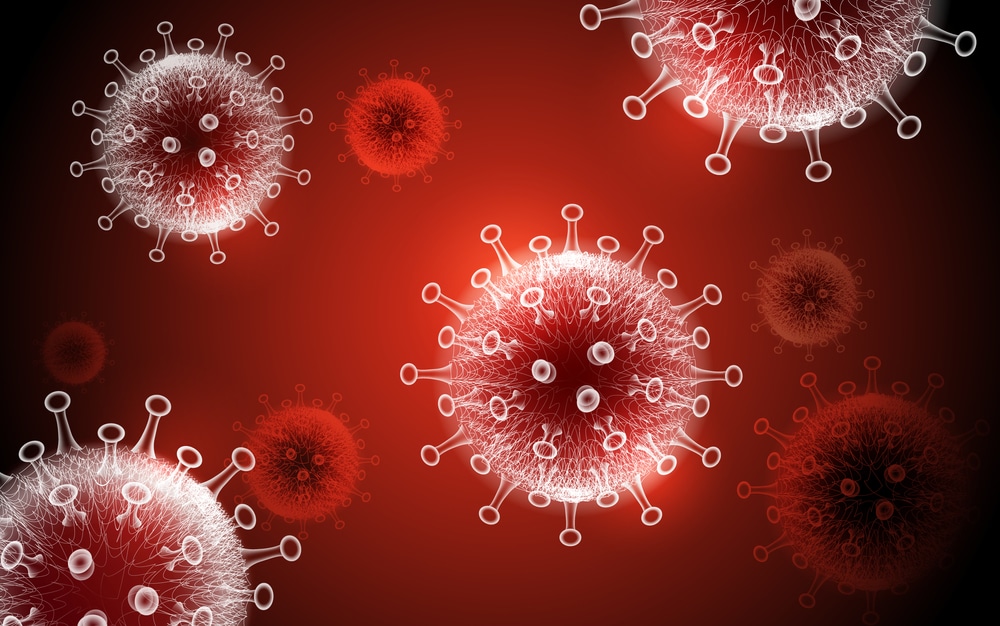Roche has launched the SARS-CoV-2 Rapid Antibody Test 2.0 in markets accepting the CE Mark.
The test is the next generation of Roche’s existing SARS-CoV-2 Rapid Antibody Test, which launched in July 2020. The SARS-CoV-2 Rapid Antibody Test 2.0 offers broader use than its original configuration, which focused on recovered patients, to now include vaccinated individuals as well. The test has also been updated to improve the detection of antibodies against variants of the virus, and continues to be investigated against new variants of concern.
Roche’s SARS-CoV-2 Rapid Antibody Test 2.0 can be used by healthcare professionals in point of care settings outside clinical labs and near to patients with a capillary sample. The test should help healthcare professionals to identify patients that have developed antibodies against SARS-CoV-2, indicating prior infection or vaccination.
The SARS-CoV-2 Rapid Antibody Test 2.0 is beneficial in situations where timely decisions are needed, laboratory SARS-CoV-2 testing is not available, or finger prick sampling is the better option over a venous blood draw. Healthcare professionals can further use the test to help patients check their antibody status and to determine whether they still have a detectable antibody response from prior vaccination.
‘Greater speed’
“The next-generation of our SARS-CoV-2 Rapid Antibody Test demonstrates Roche’s continued commitment to innovate as the COVID-19 pandemic evolves,” said Ian Parfrement, head of point of care at Roche Diagnostics.
“We are proud to introduce an improved antibody test that, given its point of care use, offers healthcare professionals greater speed and accessibility in providing the right care to those that need it.”
The test’s launch is in partnership with SD Biosensor Inc., with whom Roche has a global distribution agreement and launched a range of rapid antigen and antibody tests in more than 50 countries worldwide. The SARS-CoV-2 Rapid Antibody Test 2.0 joins Roche’s diagnostic portfolio of solutions to help healthcare systems combat COVID-19, which also includes molecular, serology and digital solutions.
Roche’s SARS-CoV-2 Rapid Antibody Test 2.0
Roche’s SARS-CoV-2 Rapid Antibody Test 2.0 is a rapid chromatographic immunoassay intended for qualitative detection of IgG antibodies to SARS-CoV-2 in human serum, plasma or whole blood. This test can be performed using blood from a finger prick to produce high performance results within 10-15 minutes in a point of care setting. The results can help identify an adaptive immune response to the virus.
When performed 3-4 weeks after vaccination, when IgG antibody levels are anticipated to reach their plateau, the test has a sensitivity of 98.67% and 100.00% after the second and booster shot, respectively. When performed at least 15 days after symptom onset for a non-vaccinated population, the test has a sensitivity of 95.83% and a specificity of 100.00%.
The test’s ability to detect antibodies after vaccination against SARS-CoV-2 was confirmed through a clinical trial which included patients vaccinated with vaccines from Moderna, Pfizer/BioNTech, AstraZeneca and Johnson & Johnson.
About antibody testing
The human body develops antibodies in response to many infectious diseases. In the current situation of the COVID-19 pandemic, tests to detect antibody responses to SARS-CoV-2 are critical to support vaccine development, add to our understanding about the rate and spread of infection among populations and, if scientific evidence shows, to determine whether a person might have gained immunity against the virus. As of today, there is no common agreement in the literature on a given antibody level which would grant immunity to SARS-CoV-2 infection.
Antibody tests need to be able to specifically detect antibodies against SARS-CoV-2 with no cross-reactivity to other infectious agents, such as influenza, which could generate a false positive result. A false positive result occurs when a person (wrongly) receives a positive test result, when they should have received a negative result due to the absence of SARS-CoV-2 specific antibodies in their blood.





